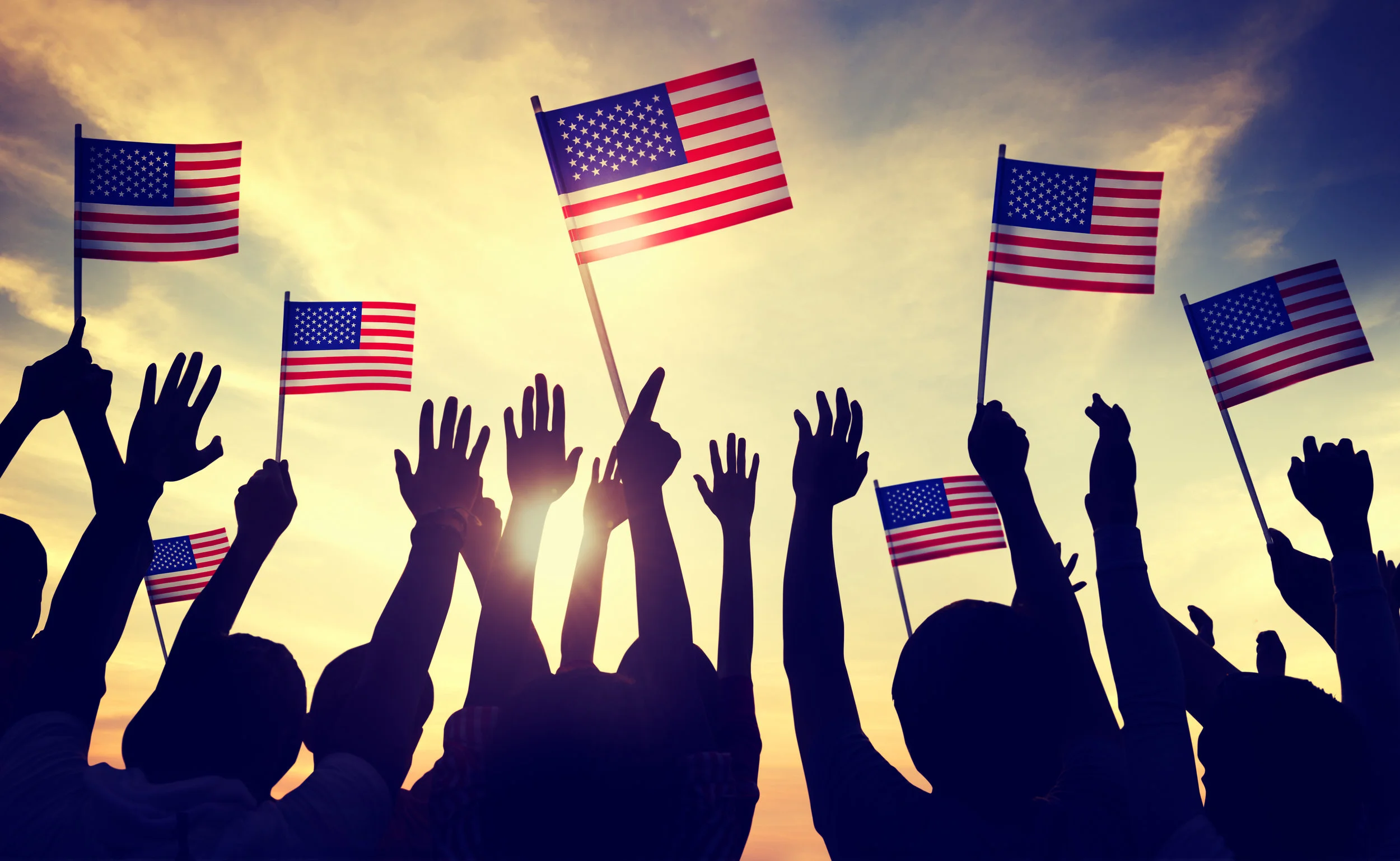In an opinion piece published in The Hill, Lara Brown urges Democrats to “stop worrying about the electoral college,” because over time, demographics are likely to shift and the current system may favor Democrats. Likewise, Republican pollster Jim Hobart notes that the electoral college is “cyclical,” and that in a few years, Republicans may wish that we chose our president by national popular vote.
They are both right that under the current system, swing states become safe states, and safe states for one party can become safe states for the other, with relative frequency. Therefore, Republicans are not likely to retain a long-term structural advantage from keeping the current system, nor are Democrats always going to be better off under a national popular vote.
But under the current system, even if the identity of the swing states that decide elections changes to the advantage of one party or the other, certain things will remain the same:
Emergency natural disaster relief funds will come more quickly to swing states than non-swing states.
Industries concentrated in swing states will be lavished with subsidies and special regulatory treatment while industries in safe states languish and are ignored.
Projects in swing states will get federal funding while similar projects in safe states are ignored.
The policies favored by most Americans will be sidelined in favor of policies designed to get out the vote in swing states.
Most Americans will continue to live in states totally ignored by presidential candidates, and their votes won’t count.
That is why so many people—of all political persuasions—have been working tirelessly to enact the National Popular Vote Interstate Compact since 2006, through Republican and Democratic electoral victories alike. No one has the right to always have their candidate of choice elected president. But if the president has to win the national popular vote, every person’s vote will count equally.

